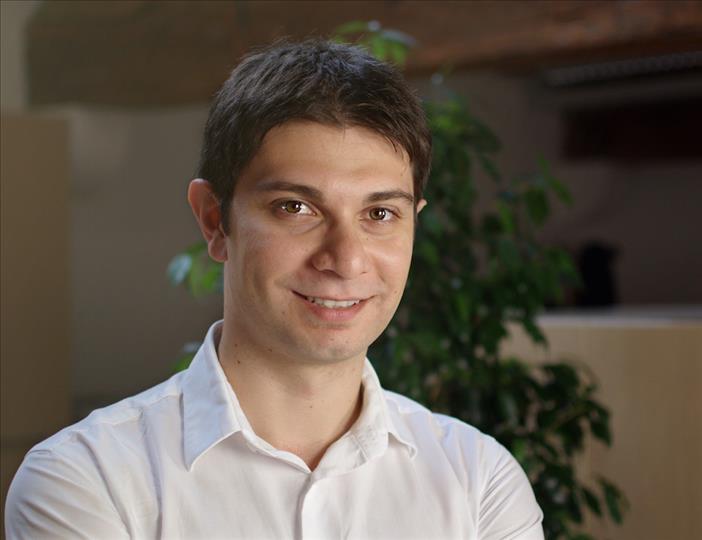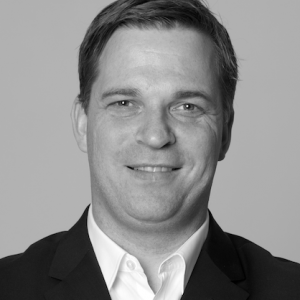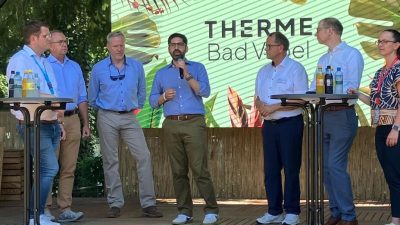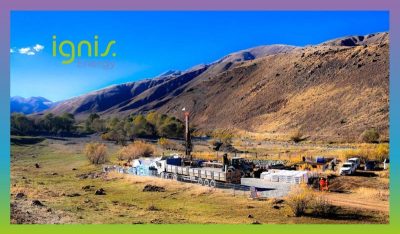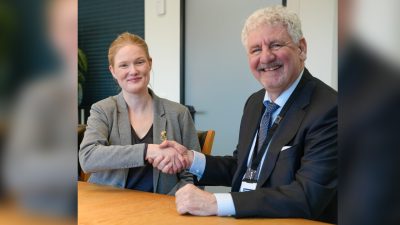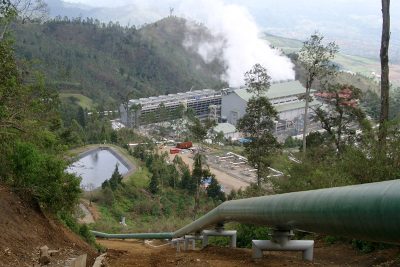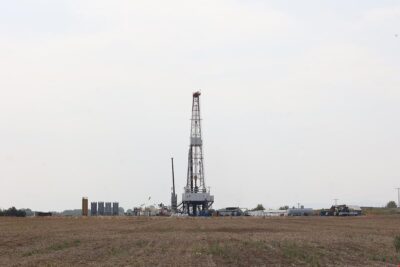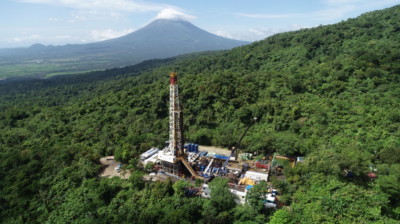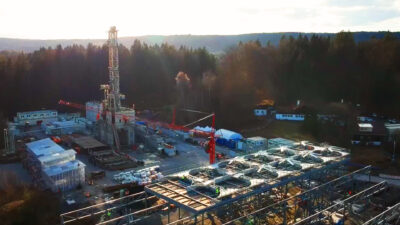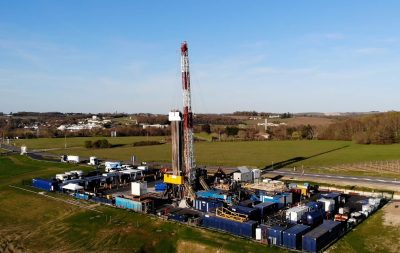Speaker Interview GeoPower Summit: Valerio Micale, CPI
In a speaker interview ahead of the GeoPower Summit in Istanbul/ Turkey, December 1-2, 2015, the organizers published this interview with Valerio Micale of the Climate Policy Initiative.
ThinkGeoEnergy will be heading to the GeoPower Summit in Istanbul, Turkey next month. As part of the event, I will be chairing the first day of the conference.
In the lead up to the GeoPower & Heat Summit, the organizers spoke with Valerio Micale, Senior Project Manager, Climate Policy Initiative to get some more insights about the geothermal industry.
What regions do you see as having the most geothermal potential and why?
In our study we looked at developing countries, so I will limit my answer to those countries. In Papua New Guinea and countries along the East African Rift Valley, such as Kenya, geothermal has strong potential for growth, both in terms of their growing energy demand, and amount of emissions reductions that can be achieved on the system. Indonesia has the strongest geothermal potential in absolute terms, however, Indonesians already enjoy relatively low electricity bills and high access to electricity so the main benefit geothermal will have is in significantly reducing emissions on its grid.
What do you think have been the biggest advancement in helping the growth of the industry?
The first factor has been the increasingly supportive political and regulatory environment in developing countries with significant potential. Setting ambitious deployment targets can act as a signal to international private developers, investors and technology providers. Countries such as Kenya and Indonesia have set ambitious deployment targets and are now beginning to get good policy environments in place, but Turkey has managed to do both and therefore has seen the most growth in recent years.
What’s your top tip to those trying to enter the industry and having a successful project?
Planning and risk mitigation are key factors for a successful project. Access to resource data and drilling equipment are key. In addition, risk mitigation is particularly relevant during the negotiation of the PPA. USD denomination of payments in a PPA is a common risk mitigation measure, shifting currency risk away from the private developers. However, other key risks for the private sector need to be considered during the negotiation process, such as potential escalation of O&M costs and resource risks related to force majeure. Development finance agencies provide support in planning and de-risking the project.
What’s the most important de-risking strategy?
From an industry perspective, the public sector needs to continue to re-balance support towards earlier, riskier stages of project development. Public institutions have made significant efforts to shift the distribution of their finance from the construction stage to the early stages of project development and they now account for 11% of commitments, but public commitment should increase to 17% of public finance distributed to be in line with geothermal developers’ public finance needs along the project development timeline.
